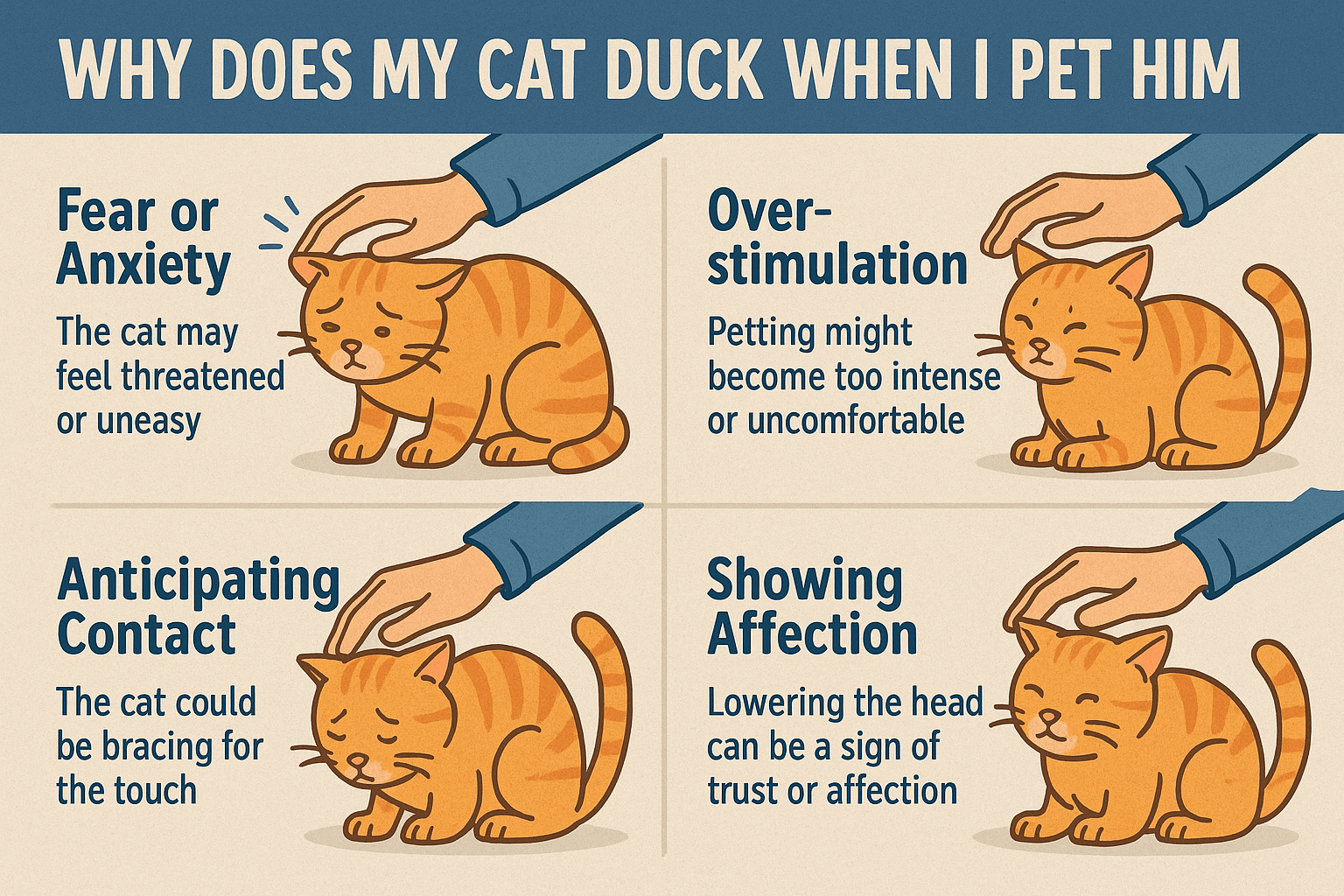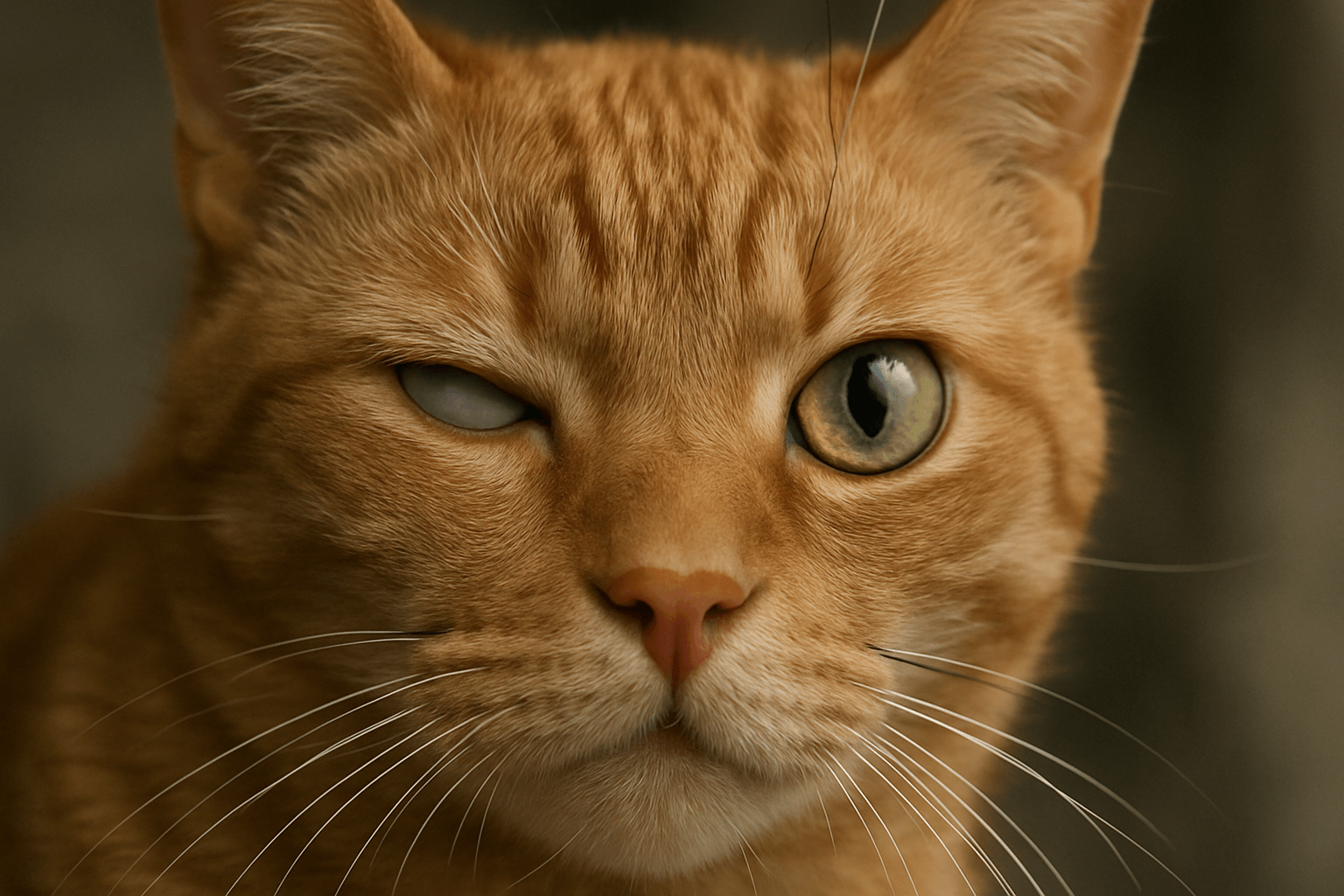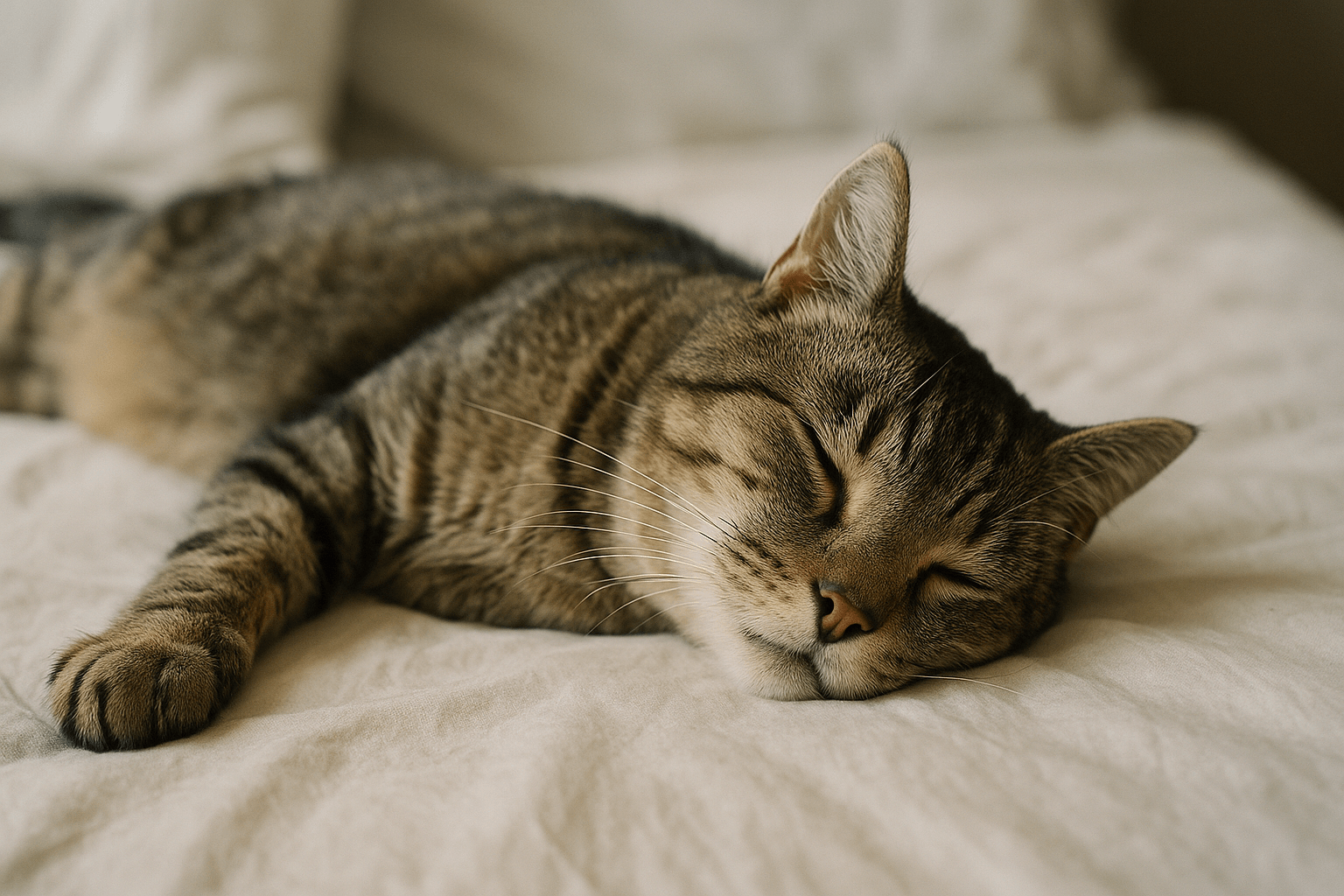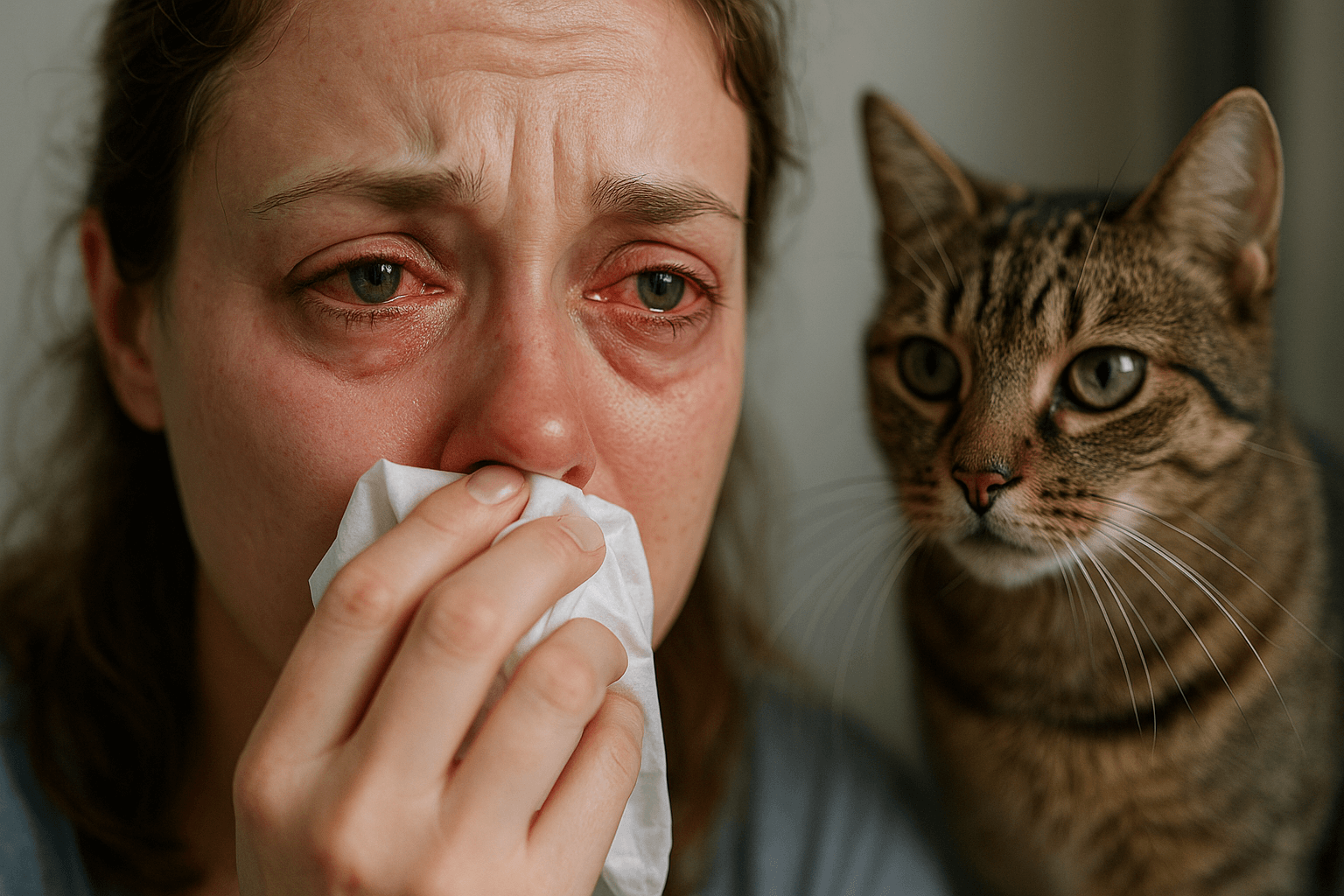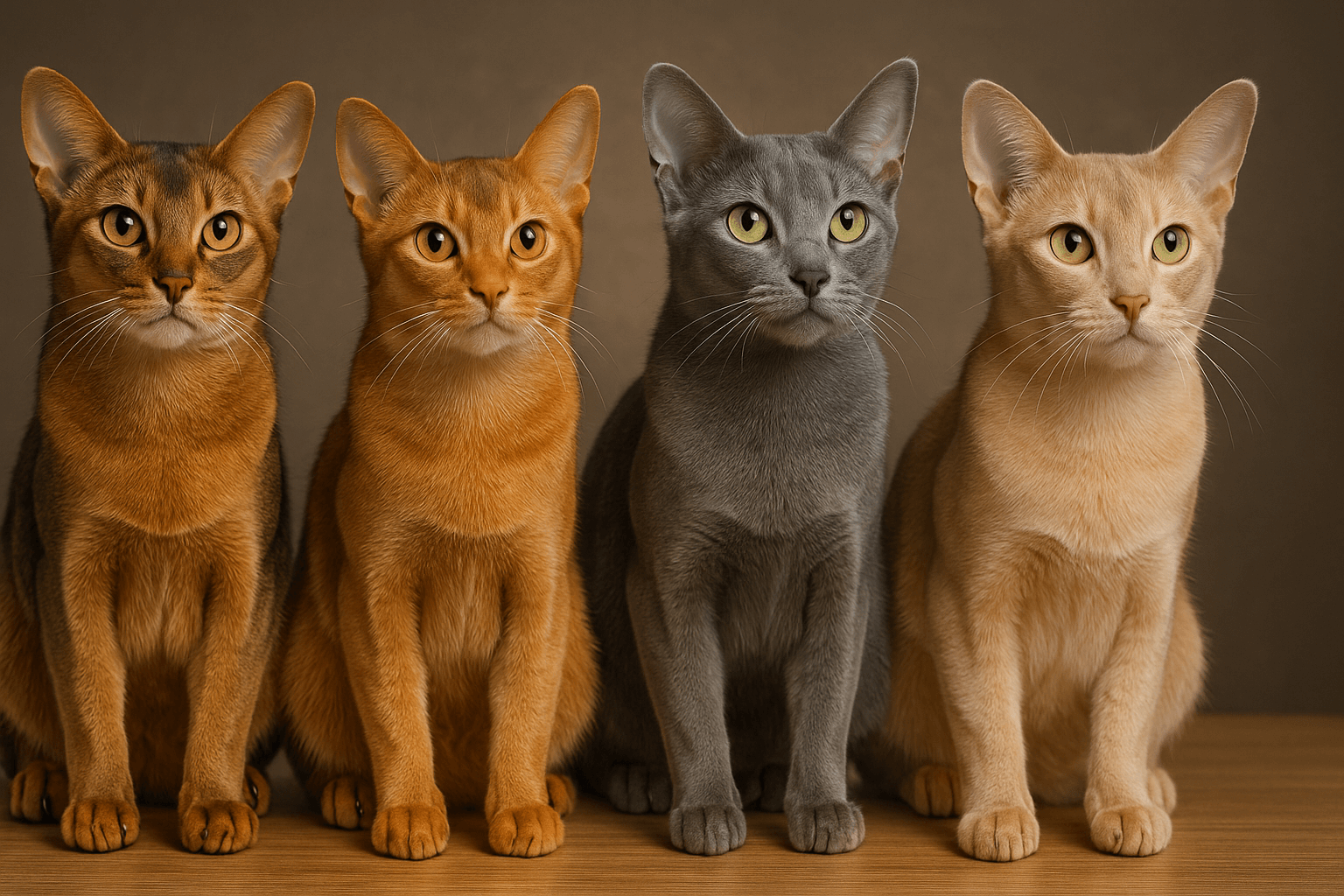Why Does My Cat Duck When I Pet Him?
Cats are mysterious creatures, and their behaviors often leave us wondering what’s going on in their furry little heads. If your cat ducks or crouches when you pet him, you might be puzzled about why he reacts this way. Is it a sign of discomfort, playfulness, or something else entirely? Understanding your cat’s body language is key to deciphering his actions and ensuring that your interactions are positive and enjoyable for both of you. In this blog post, we’ll explore the reasons behind this quirky behavior, offer practical tips to improve your bond, and help you create a more harmonious relationship with your feline friend.
Possible Reasons Why Your Cat Ducks During Petting
When your cat ducks while being petted, there could be several explanations for this behavior. By understanding these reasons, you can better interpret your cat’s needs and adjust your approach accordingly.
Overstimulation:
Cats can become overstimulated by too much petting, leading them to duck as a way of creating distance or signaling they’ve had enough.Playful Anticipation:
Some cats duck because they’re in a playful mood and may be expecting you to engage in interactive play rather than gentle petting.Instinctual Behavior:
Ducking could be an instinctual reaction, especially if your cat associates sudden movements with hunting or stalking scenarios.Discomfort or Pain:
If your cat is experiencing pain or discomfort in a specific area, ducking might be a way to avoid touch in that spot.Personality Quirk:
Every cat is unique, and some simply have quirky behaviors that don’t necessarily indicate anything negative.
By observing your cat’s overall demeanor and context, you can determine whether this behavior is playful, protective, or a sign of something more serious.
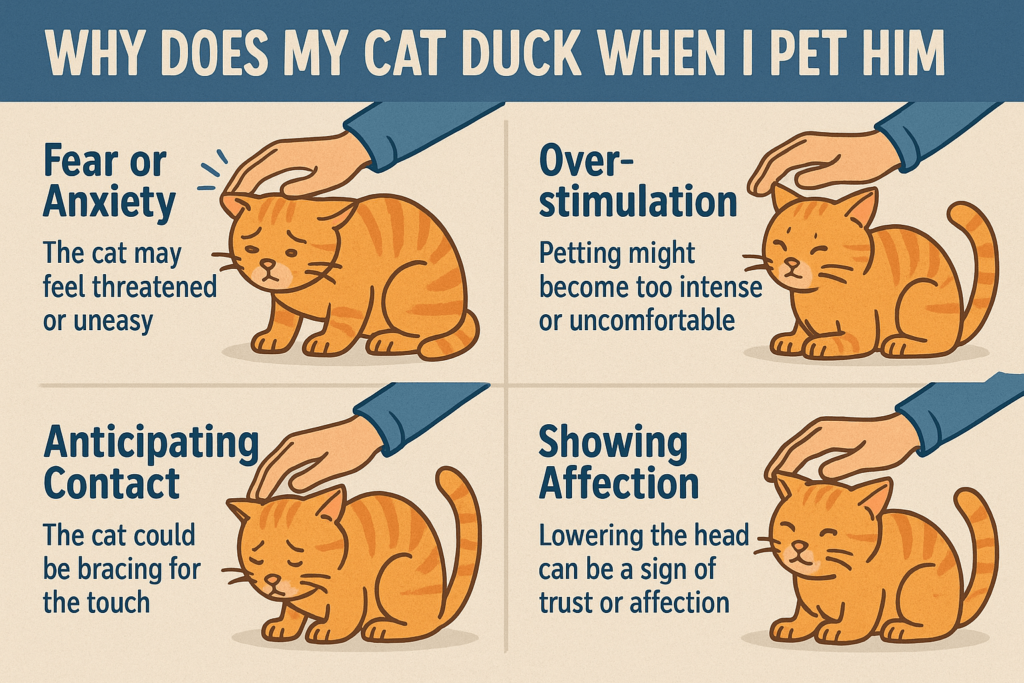
How to Tell If Your Cat Enjoys Being Petted
Understanding whether your cat enjoys petting or feels uncomfortable is crucial for fostering trust and avoiding misunderstandings. Look for these signs to gauge your cat’s comfort level.
Purring:
A content cat will often purr softly during petting sessions, indicating relaxation and enjoyment.Kneading:
If your cat starts kneading with their paws, it’s usually a sign of happiness and affection.Leaning Into Your Hand:
Cats who enjoy petting will often lean into your hand or press closer to encourage more contact.Tail Position:
A relaxed tail held upright with a slight curve at the tip suggests your cat is comfortable and happy.Avoidance Movements:
If your cat ducks, moves away, or flattens their ears, it’s a clear signal they may not be enjoying the interaction.
Recognizing these cues helps you tailor your petting style to suit your cat’s preferences, strengthening your bond over time.
Check this guide 👉Why Is My Cat Drooling When I Pet Him? Best 7 Expert Tips!
Check this guide 👉Why Does My Cat Lick Me When I Pet Her? Best 7 Expert Tips!
Signs Your Cat Likes Petting | Signs Your Cat Dislikes Petting |
|---|---|
Purring | Ducking or crouching |
Kneading with front paws | Flattening ears against the head |
Leaning into your touch | Swishing or thumping the tail |
Relaxed body posture | Biting or swatting lightly |
Slow blinking or half-closed eyes | Moving away or trying to escape |
Tips for Petting Your Cat Without Causing Stress
Petting your cat should be a pleasant experience for both of you. Follow these tips to ensure your interactions remain stress-free and enjoyable.
Start Slowly:
Begin by gently stroking areas your cat typically enjoys, such as the cheeks, chin, or base of the ears, before moving to other spots.Watch for Warning Signs:
Pay attention to subtle cues like twitching skin or tail flicks, which may indicate your cat is becoming uncomfortable.Respect Boundaries:
If your cat ducks or moves away, give them space instead of forcing continued contact.Limit Session Length:
Keep petting sessions short to prevent overstimulation, especially if your cat tends to get agitated quickly.Offer Treats or Rewards:
Pair petting with treats or verbal praise to create positive associations and reinforce good behavior.
By respecting your cat’s boundaries and preferences, you can build trust and make petting a rewarding experience for both of you.
What to Do If Your Cat Ducks During Playtime
If your cat ducks while playing, it might not be related to discomfort but rather their natural instincts or personality. Here’s how to interpret and respond to this playful behavior.
Encourage Hunting Games:
Use wand toys or laser pointers to simulate prey, allowing your cat to channel their ducking behavior into a fun hunting game.Observe Their Energy Levels:
Cats often duck when they’re excited or anticipating movement. Adjust your play style to match their energy.Introduce New Toys:
Rotate toys regularly to keep your cat engaged and reduce boredom, which can sometimes lead to unusual behaviors.Provide Safe Spaces:
Ensure your cat has hiding spots or tunnels where they can retreat during play if they feel overwhelmed.End Play Gently:
Gradually wind down play sessions to help your cat transition from high-energy activities to calm relaxation.
Understanding the difference between playful ducking and stress-related ducking ensures you respond appropriately to your cat’s needs.
Common Misconceptions About Cat Behavior
Many people misunderstand why cats behave the way they do, leading to confusion and frustration. Clearing up these misconceptions can help you better interpret your cat’s actions.
Myth: Cats Always Enjoy Petting:
Not all cats crave physical affection; some prefer independence and minimal handling.Myth: Ducking Means Aggression:
Ducking isn’t always aggressive—it could indicate playfulness or anticipation of movement.Myth: Cats Can’t Be Trained:
Cats are highly intelligent and can learn to associate certain behaviors with rewards.Myth: All Cats Hate Belly Rubs:
While many cats dislike belly rubs, some enjoy them depending on their personality and trust level.Myth: Cats Act Out of Spite:
Cats don’t hold grudges or act out of spite—they react based on instincts and emotions.
Dispelling these myths fosters a more accurate understanding of feline behavior and strengthens your relationship with your cat.
How to Create a Cat-Friendly Environment
A well-designed environment can reduce stress and encourage positive behaviors in your cat. These tips will help you create a space where your cat feels safe and happy.
Provide Vertical Space:
Install shelves or cat trees to give your cat access to elevated perches, satisfying their need to climb and observe.Include Hiding Spots:
Offer cozy hideaways like boxes or enclosed beds where your cat can retreat when feeling overwhelmed.Use Soft Lighting:
Dim lighting or natural light creates a calming atmosphere, reducing anxiety and promoting relaxation.Add Scratching Surfaces:
Place scratching posts or pads around the house to redirect destructive behaviors and maintain healthy claws.Minimize Noise Pollution:
Reduce loud or sudden noises that might startle your cat, keeping their environment peaceful and predictable.
A cat-friendly home supports your cat’s physical and emotional well-being, encouraging confident and relaxed behavior.
Signs of a Happy and Healthy Cat
Knowing how to recognize signs of happiness and health in your cat ensures you’re meeting their needs effectively. These indicators will help you assess your cat’s overall well-being.
Shiny Coat:
A glossy, clean coat is a sign of good nutrition and grooming habits, reflecting your cat’s overall health.Active Playfulness:
Regular bursts of energy and engagement in play suggest your cat is mentally and physically stimulated.Consistent Appetite:
A healthy appetite indicates your cat is receiving adequate nutrition and isn’t suffering from underlying health issues.Regular Grooming Habits:
Cats who groom themselves frequently are typically content and maintaining their hygiene properly.Relaxed Body Language:
A loose, relaxed posture with slow blinks or soft purring shows your cat feels safe and comfortable in their surroundings.
Monitoring these signs allows you to address any concerns early and ensure your cat leads a happy, fulfilling life.
Frequently Asked Questions About Cat Behavior
Why does my cat duck when I try to pet him?
Your cat may be feeling overstimulated, playful, or uncomfortable. Observing his body language can help you identify the cause.
Is it normal for cats to dislike being petted?
Yes, some cats prefer minimal physical contact and may only tolerate petting in certain areas or situations.
How do I know if my cat is in pain?
Look for signs like excessive grooming, limping, vocalizing, or avoiding touch in specific areas. Consult a vet if you suspect pain.
Can I train my cat to enjoy petting?
With patience and positive reinforcement, many cats can learn to associate petting with rewards, making them more receptive.
What should I do if my cat bites me during petting?
Stop petting immediately and give your cat space. This behavior often indicates overstimulation or discomfort.
Building a Stronger Bond Through Understanding
Cats communicate through their actions, and behaviors like ducking during petting are simply their way of expressing how they feel. By paying attention to your cat’s body language and respecting their boundaries, you can create a deeper connection built on trust and mutual understanding. Whether your cat ducks out of playfulness, instinct, or discomfort, responding thoughtfully ensures that your interactions remain positive and enjoyable. Remember, every cat is unique—embrace their quirks and celebrate the special bond you share with your feline companion.
Why Is My Cats Second Eyelid Showing? Best 7 Expert Tips! Understand causes, health signs, and how to respond when your cat’s third eyelid becomes visible.
How Do I Know If My Cat Died Peacefully? Best 7 Expert Tips! Discover the quiet signs of a peaceful feline passing and find comfort in their final moments.
Cat Allergy Eyes: Best 7 Expert Tips! Discover why your eyes react to cats and learn proven strategies for relief—without giving up your feline friend.
Why Do Abyssinian Cat Colors Matter? Best 7 Expert Tips! Discover the genetics, rare hues, and care secrets behind Abyssinian coat colors for a healthier, happier cat.

